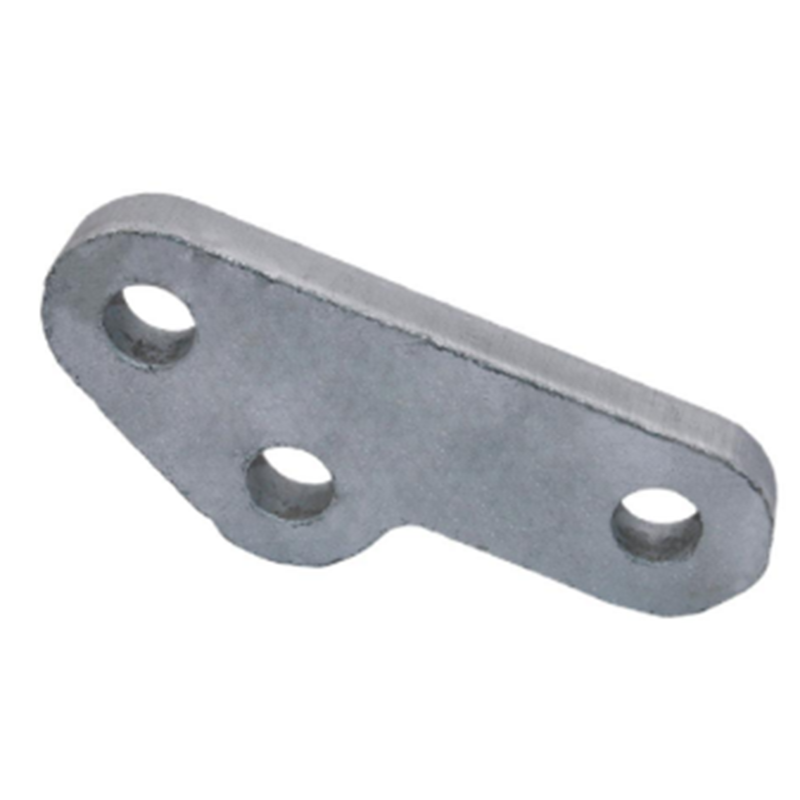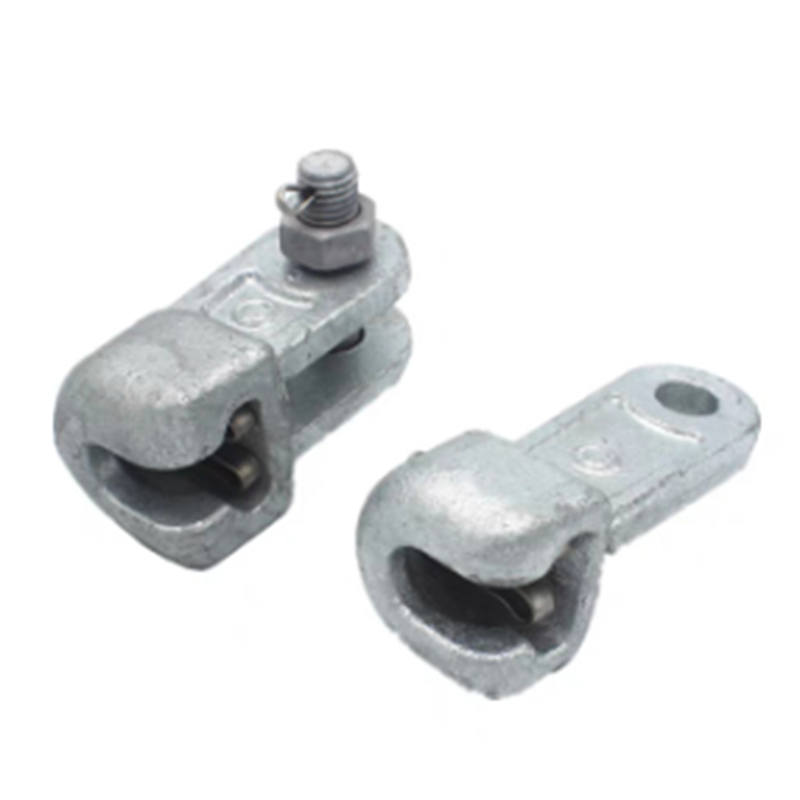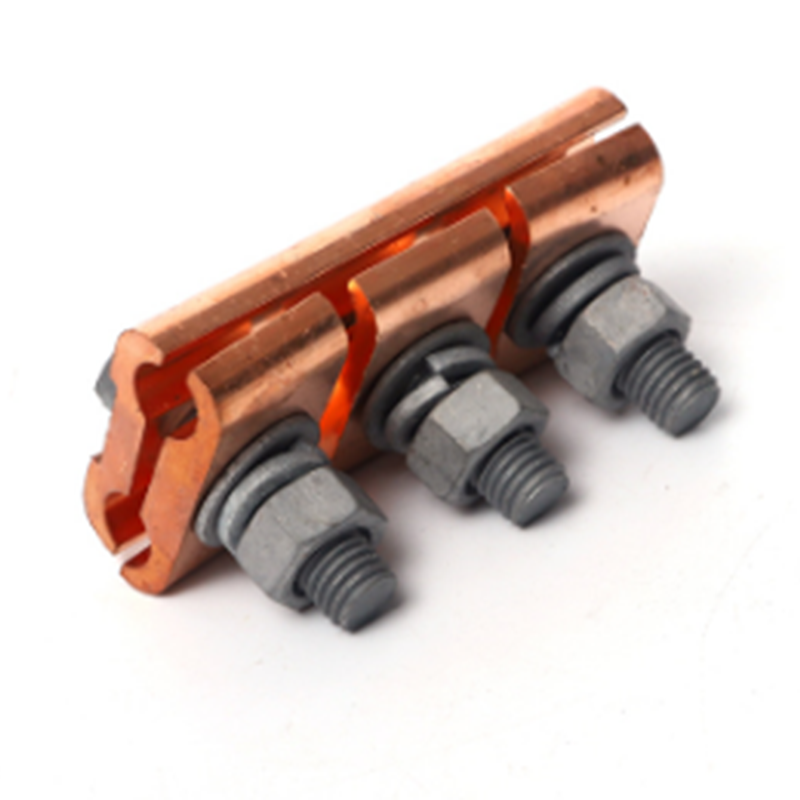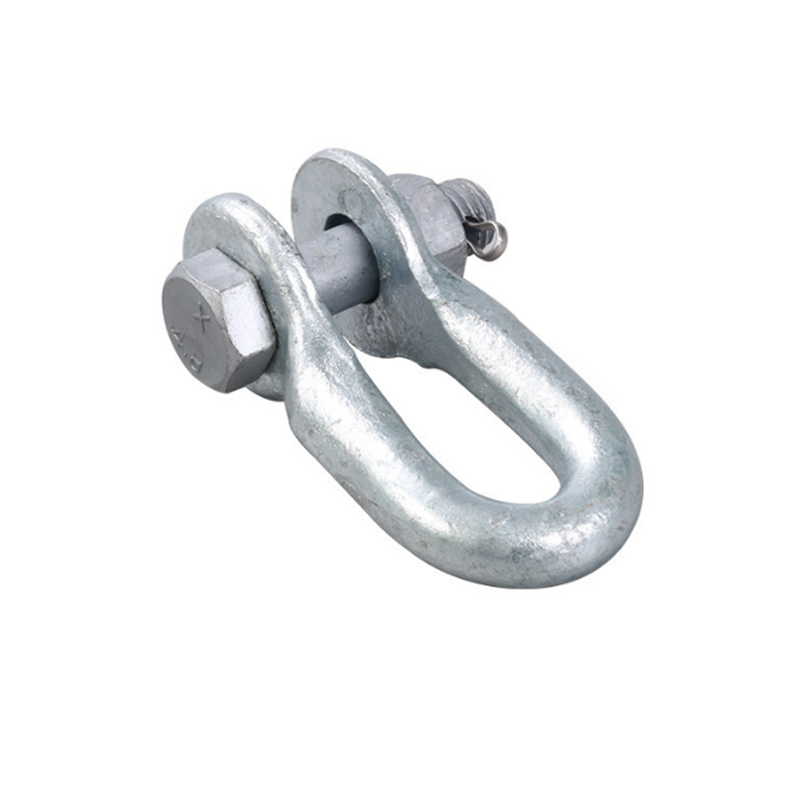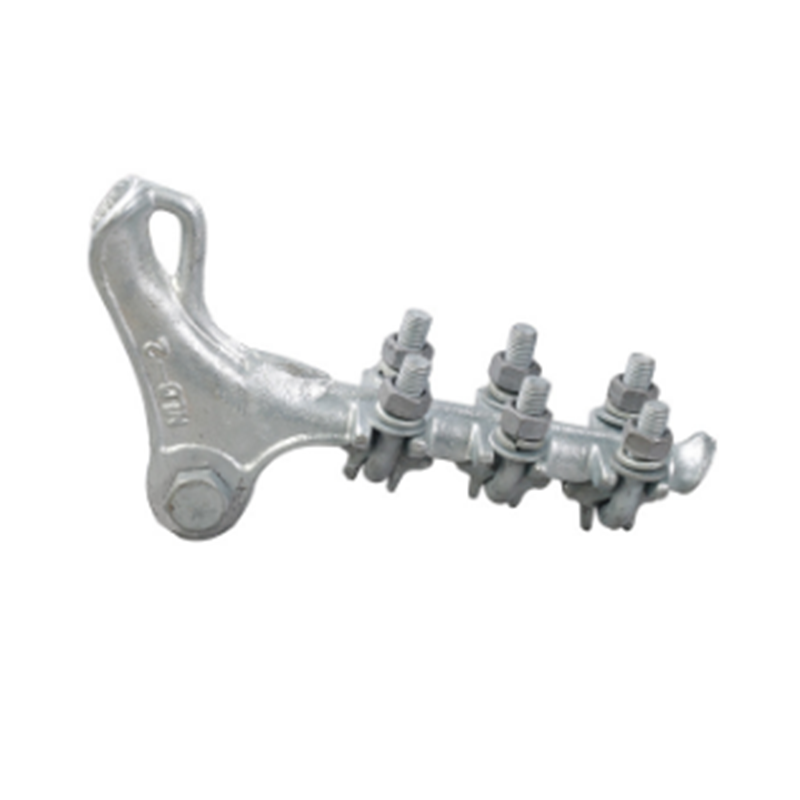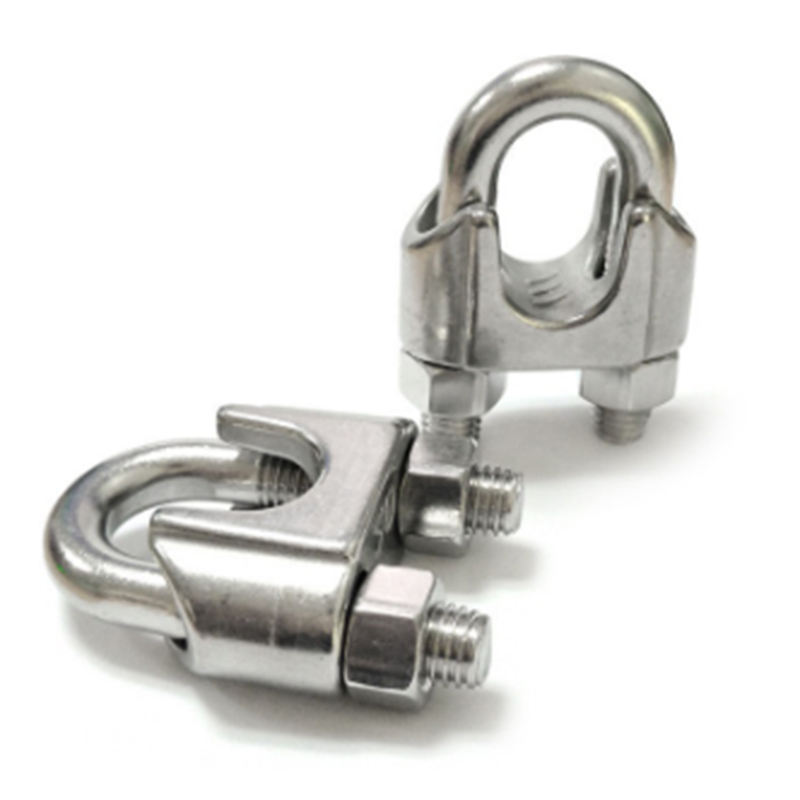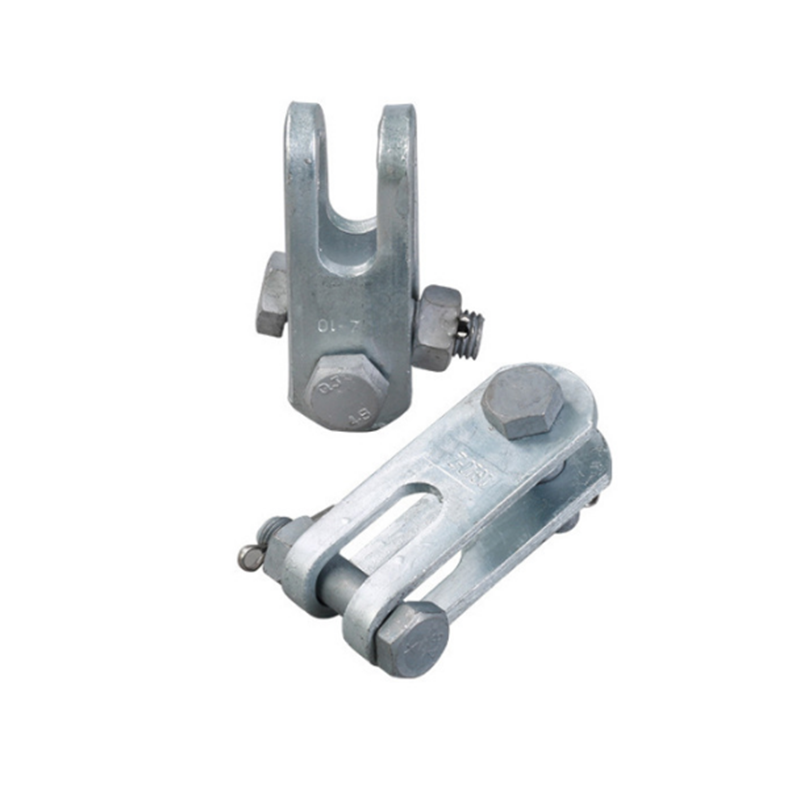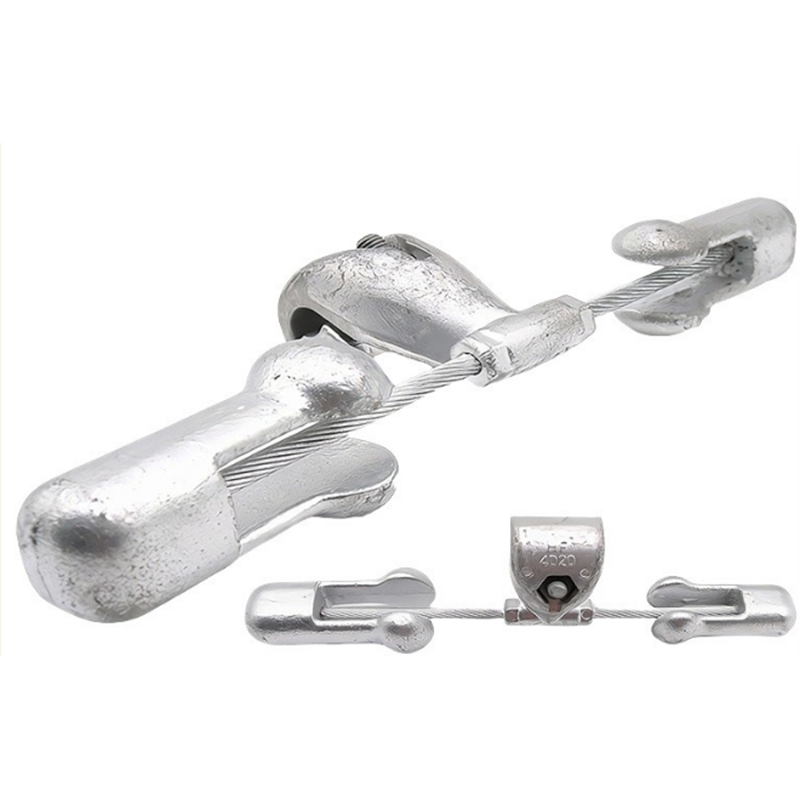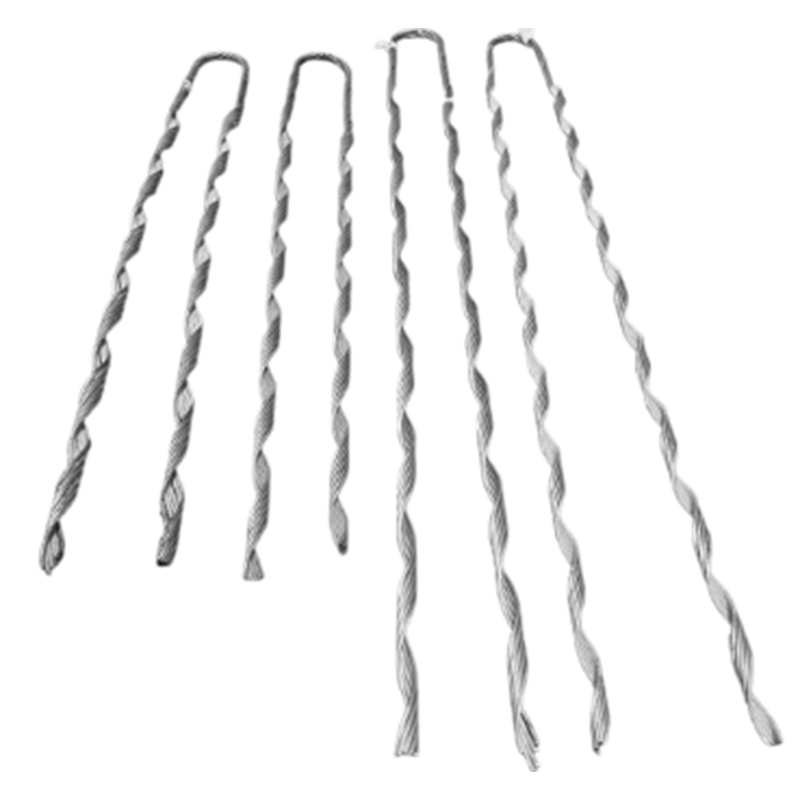
Expansion bolt size
Choosing the Right Expansion Bolt Size: Insights and Practical Tips
Expansion bolts are pivotal for anchoring objects to concrete or masonry. Picking the right size is not just about getting the job done—it's about ensuring safety and durability. I've seen common pitfalls in this area, even among seasoned professionals. Let's delve into what makes selecting the correct expansion bolt size both critical and challenging.
Understanding Expansion Bolts
At its core, an expansion bolt is a fastener that secure things to concrete, brick, or stone. They're different from regular bolts because they expand in the hole for a snug fit. Now, the tricky part—expansion bolt size. How do you ensure the one you pick will hold the weight and tension it promises?
I've encountered projects where the chosen bolt was too small, leading to disastrous results. Picture a heavy ceiling light crashing down just because of an overlooked size issue. It's more common than one might think. The diameter and length of the bolt matter as much as the surface it's going into.
Working with folks at Handan Shengfeng Hardware Fastener Factory taught me a lot. Located conveniently near National Highway 107, they emphasize not just selling products but guiding customers on the proper use. Their extensive range includes over 100 specifications, which can be overwhelming but essential for precision.
Common Mistakes
Underestimating the load is the first major error. It’s not merely the weight of what's hung but the dynamic forces at play. For instance, in seismic areas, a bolt that holds well under static conditions might fail when vibrations come into play.
Another mistake? Ignoring the base material. I had a client once insist that any bolt fits any material—unfortunately, that's not true. Concrete, brick, and stone each need specific types. Consulting with experts like those at Shengfeng Hardware Fastener Factory can avert such mishaps.
Then there’s corrosion. If the bolt will be outdoors, the size debate means nothing if it rusts away. Stainless steel or galvanized options should be considered depending on the environment.
Case Studies from the Field
I recall a client who ignored advice and opted for undersized bolts to save costs. A shelving unit, surprisingly light when empty, collapsed once fully stocked. Prevention? A simple calculation and adequate expansion bolt size selection would’ve avoided it.
In another project, a contractor used excessively large bolts for a lightweight installation. Not only was it inefficient cost-wise, but it also damaged the integrity of the wall. Bigger isn’t always better—a balance is key.
Real-world experience demonstrates that knowing the manufacturer's product range, like at Shengfeng Hardware, offers critical insights. The nuanced understanding of different washer and nut combinations further customizes effectiveness.
Practical Tips for Selection
Firstly, assess the load. It might sound obvious, but the weight and nature of what's being secured are initial considerations. Cross-reference this with the specifications of your expansion bolt size.
Material matters—both the base and the object. A bolt that works in concrete might not suffice in softer brick. Shengfeng's website, for instance, provides detailed guides and product specs to aid in decision-making.
Consult with manufacturers or seasoned experts when in doubt. The team at Shengfeng Hardware Factory, situated so strategically in Hebei Pu Tiexi Industrial Zone, offers not just products but a wealth of knowledge. Their focus is not merely on sales but ensuring the correct application for lasting safety.
Final Thoughts
Picking the right expansion bolt size is more science than art. It requires understanding the forces, materials, and environment entirely. My experiences remind me that no two projects are the same, and neither should be the bolts used.
For those unclear or seeking quality fasteners, Shengfeng Hardware Fastener Factory is a solid resource. Their emphasis on education and support, found on their website https://www.sxwasher.com, stands out in the industry. The right size choice ensures your project’s stability and your peace of mind.
Соответствующая продукция
Соответствующая продукция




